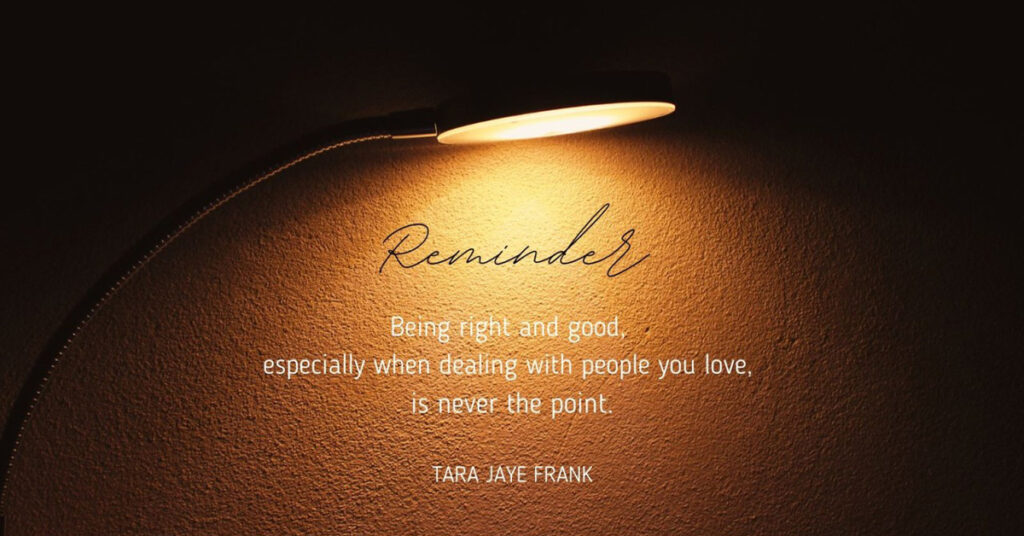One of our younger sons was almost sixteen years old when he appeared to be detaching. John and I consider ourselves generally open and communicative, but also clear about our boundaries, which he was pushing against. Hard. I was highly frustrated. I told myself he’d never been much of a talker, so I wasn’t surprised that he’d gone quiet, but the resistance felt new.
While sitting in the car one day, I confronted him about his “attitude.”
What came next was an hours-long exchange that began with him declaring how he didn’t feel we supported his dreams and ended with me in apologetic tears. I had very specific ideas about my parental identity, which included unquestionable support of my children, barrier removal, endless encouragement, wise counsel—all of it. It was my intent to be a parent who makes a way for my kids to succeed on their own terms. But on this day, it became clear that my impact and my intent were out of sync.
His greatest passion was outside my knowledge and experience. It was also high-risk, and I was so worried about his safety that—according to how he experienced my participation (or lack thereof)—I unconsciously withheld my support. I sat and listened as he enumerated the ways I failed to show up for him, and in his tenor, I could hear how significantly my reticence had impacted our connection. He believed I didn’t care enough about what he cared most about, and by extension, that I cared less about him than our other children. I was devastated.
I felt embarrassed, and my first reaction was to get defensive. Unwilling to consider a version of myself I didn’t like, I tried to justify why I hadn’t fully invested. With each rationalization, the distance grew. This was not at all what I wanted.
The conversation in my head went like this:
“What do you want this relationship to be? How do you want your son to feel? What’s most important right now? Is your need to feel good more important than his need to feel supported?”
Focusing on my intent, which was to have a loving, trusting, secure, and enabling connection with my son, helped me move past my feelings of shame and disappointment. Because to be right and good, especially when dealing with those you love, is never the point.
The only path forward was to be vulnerably transparent. I told our son that his dream scared me. And that, fear aside, I felt ill-equipped to help him. I apologized for withholding my active support. I thanked him for telling me the truth about how he felt and acknowledged how painful it must have been to believe I cared more about his siblings’ interests than his, or that I somehow believed in them more. And I committed to throwing my weight behind his dream the way I’d done with those before him.
I sat with this for a while, though. I thought I was helping him, but by being hands-off with his high-risk passion, I was really helping myself. Subconsciously, it was as if I thought my not helping would force him down a safer path.
This conversation gave our relationship a fresh start, but it was just the beginning. I had to show up differently. Seek greater understanding about how he felt and what he needed. And keep my promises. I worked hard to hold up my end of the bargain and he became more expressive, which he’d vowed to do. Easy? No. Necessary? Absolutely.
As parents, we’re supposed to know things—all the things. But this pressure to know—to have the right answers, the right words, at the right time extends to every helper. Teachers, doctors, politicians, leaders—all are supposed to know what to do. In this evolving climate where facts are not truth, this can feel impossible. The pace of change has turned our shared human journey into one big, messy experiment. Expecting ourselves and others to have a solution to every problem leads to questionable behaviors, and separates us from those who desire to co-create with us—to be before the world with us. It is an unrealistic and unnecessary burden.
We should be clear about our intent, and then we should be intentional as we seek to heal the fissures in our relationships and in society at large. What we cannot do is carry the weight of doing so on our shoulders alone.
Tara Jaye Frank
